Over the past 99 years, never before has the Vietnamese Revolutionary Press faced so many opportunities but also many challenges as it does today.
In the context of having to be autonomous, the press must both carry out digital transformation following the inevitable trend and compete with social networks, constantly striving to proactively lead public opinion and fight to protect the Party's ideological foundation. In addition, as in a symbiotic relationship, the press always determines the mindset of accompanying businesses in the process of economic development and nation building.
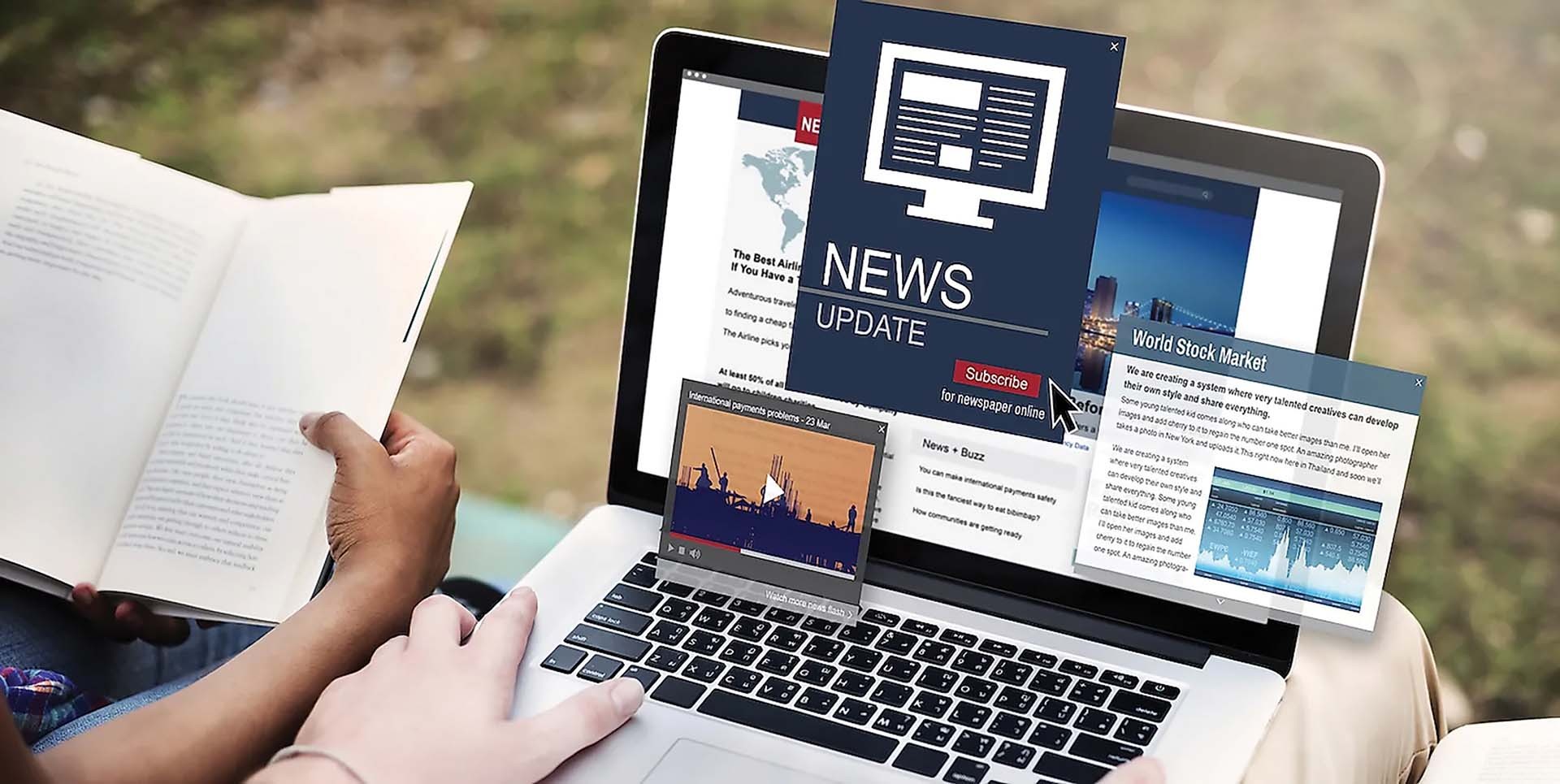 |
| Humanitarian 'weapons' in the digital age. |
To let the press live on its products
The big question is how should the press face social networks and communication technology to stand firm and assert its strength?
In fact, besides the press agencies that have initially achieved positive results, many press agencies are still confused in choosing the appropriate approach and implementation method for their actual conditions. There were times when many press agencies were caught up in "counting views" on electronic newspapers and neglected the traditional platform, which is print newspapers - the type that is still the basic source of life for many press agencies today.
In the context of having to be self-sufficient, the biggest mistake of many press agencies is not charging for online newspaper content from the beginning, hoping that the more views, the more advertising and media contracts. This unstrategic approach soon caused print newspapers to decline rapidly, while online newspapers also failed to charge the necessary amount. About 80% of the online advertising market share fell to cross-border platforms. The remaining small "piece of cake" was divided among press agencies.
The press itself is creating a situation that is not beneficial to itself, that is, you can read the newspaper without paying, you can still access the product. Over time, it has become a habit in society to read newspapers for free, to use free media services. Next, the press finds a way to put its products on social networks. The public no longer visits the newspaper's website. Depending on social networks, the press once again loses its initiative. Thus, the press cannot live on its products, journalists cannot live on honest labor.
In the digital media era, the trend of the press competing to be faster is no longer an advantage, but the advantage belongs to whoever comments better, analyzes more deeply, interprets better, and forecasts more accurately. Reliability and persuasiveness are the "lifeline" of the press. The press must focus on selecting information, analyzing, answering questions, and making reliable forecasts. Some people say that if content is "King", then technology is "Queen". An excellent press work in terms of content and delivered on an advanced technology platform will certainly be highly effective. From there, the press affirms its irreplaceable position.
Therefore, more than ever, newsrooms must build a team of highly qualified journalists. However, to maintain and develop this force, in an overall strategy, the press must gradually move towards charging for content for high-quality products, so that it can survive on its products.
Culture and ethics are inseparable from economics.
Always on the front line, the country's press has made great and proud contributions to the cause of national liberation. In peacetime, the press still fights to protect what is right and new, against what hinders the country's innovation and development path. As pioneers on the cultural and ideological front, the Vietnamese press has been truthfully reflecting all aspects of social life; actively and effectively participating in the fight against corruption, negativity and social evils; protecting the Party's ideological foundation, fighting against wrong views and sabotage activities of hostile forces.
Journalism is a special profession. In addition to making a living, journalism has a special feature that creates a sacred and noble mission, which is to protect justice and reason. Ethics is the foundation and core of journalism. Without ethics, journalists can never fulfill their responsibilities to society.
However, we cannot separate the building of a journalistic culture and professional ethics from the journalism economy, which is the basic condition for journalists to do their jobs. It is necessary to create a favorable working environment for press agencies and journalists so that journalists do not have to struggle too much with the problem of making a living, and can do their jobs in a decent and honest manner.
The issue of balancing revenue and expenditure and financial autonomy is closely linked to the press economy. Policy-making and management agencies need to conduct research to have favorable policies, creating better conditions for journalists to fulfill their political responsibilities. Press agencies directly responsible for carrying out political tasks must be allocated a budget at an appropriate level to carry out their tasks. If the revenue and expenditure of the press are viewed coldly, completely according to the market mechanism, the press will inevitably become commercialized and will not be able to fulfill its political tasks. The greatest profit of the press is to provide society with accurate, reliable, and useful information, multiplying the strength of social consensus for the common purpose, not how much money is made.
The press economy is closely linked to press ordering. If the issue of press ordering is done well, it will partly solve the difficulties for press agencies. However, there is an opinion that when performing the task of "ordering", the role of the press in detecting negative and wrongdoings and reflecting them in the press will be reduced. So, what is the "balance point" for press agencies to still do a good job of ordering, while still performing their functions properly?
The press is trusted and ordered, from large, regular tasks to specific jobs and activities at different levels, but the press must not forget its responsibility to harmonize interests: the interests of the State, the interests of the social community, the interests of businesses and the interests of the press agency itself. It is impossible to receive money to promote in the way of making goods, embellishing, praising, saying bad things are good, leading to the press products released to society deceiving society, which is very harmful.
In the context of increasingly deep economic integration and development, the cooperative relationship between the press and enterprises is becoming increasingly close and inseparable. The press helps enterprises convey information, promote their brands, and is characterized by timely grasp and response, proactiveness, and flexibility to market challenges and opportunities. The press is also an important and necessary channel, providing information for enterprises to grasp customer needs, information from partners, and the development of domestic and foreign markets, thereby making appropriate decisions for the development of enterprises.
Therefore, the objectivity, impartiality, integrity, and respect for the truth of journalists are extremely important. Once this function is overlooked or forgotten, the press, instead of being a sharp weapon serving the interests of society, will cause immeasurable damage.
Journalists, whether in an official newspaper or on social networks, have only one journalistic qualification: that of providing information to society. That information must be accurate, honest, and trustworthy. That is the noble humanity of journalism and also the profound meaning of the movement to build a cultural environment in press agencies and all levels of journalistic associations today.
Source: https://baoquocte.vn/vu-khi-nhan-van-trong-ky-nguyen-so-275805.html


![[Photo] Special supplement of Nhan Dan Newspaper spreads to readers nationwide](https://vstatic.vietnam.vn/vietnam/resource/IMAGE/2025/4/28/0d87e85f00bc48c1b2172e568c679017)

![[Photo] Signing ceremony of cooperation and document exchange between Vietnam and Japan](https://vstatic.vietnam.vn/vietnam/resource/IMAGE/2025/4/28/e069929395524fa081768b99bac43467)
![[Photo] A long line of young people in front of Nhan Dan Newspaper, recalling memories of the day the country was reunified](https://vstatic.vietnam.vn/vietnam/resource/IMAGE/2025/4/28/4709cea2becb4f13aaa0b2abb476bcea)
![[Photo] Prime Minister Pham Minh Chinh receives Cambodian Minister of Commerce](https://vstatic.vietnam.vn/vietnam/resource/IMAGE/2025/4/28/be7f31fb29aa453d906df179a51c14f7)

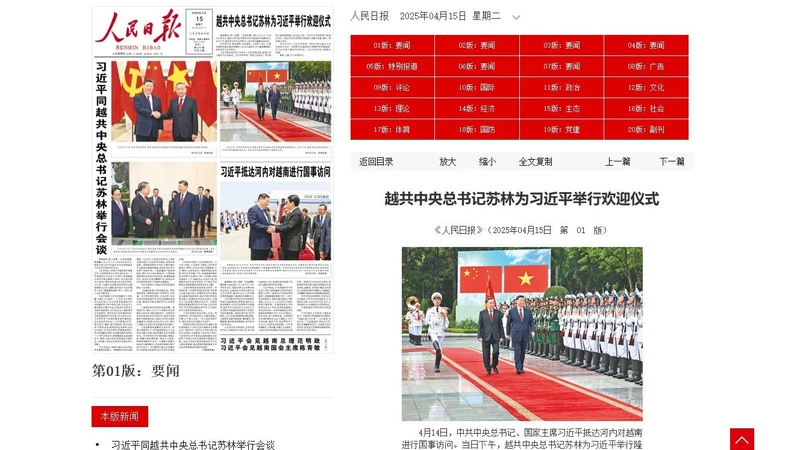

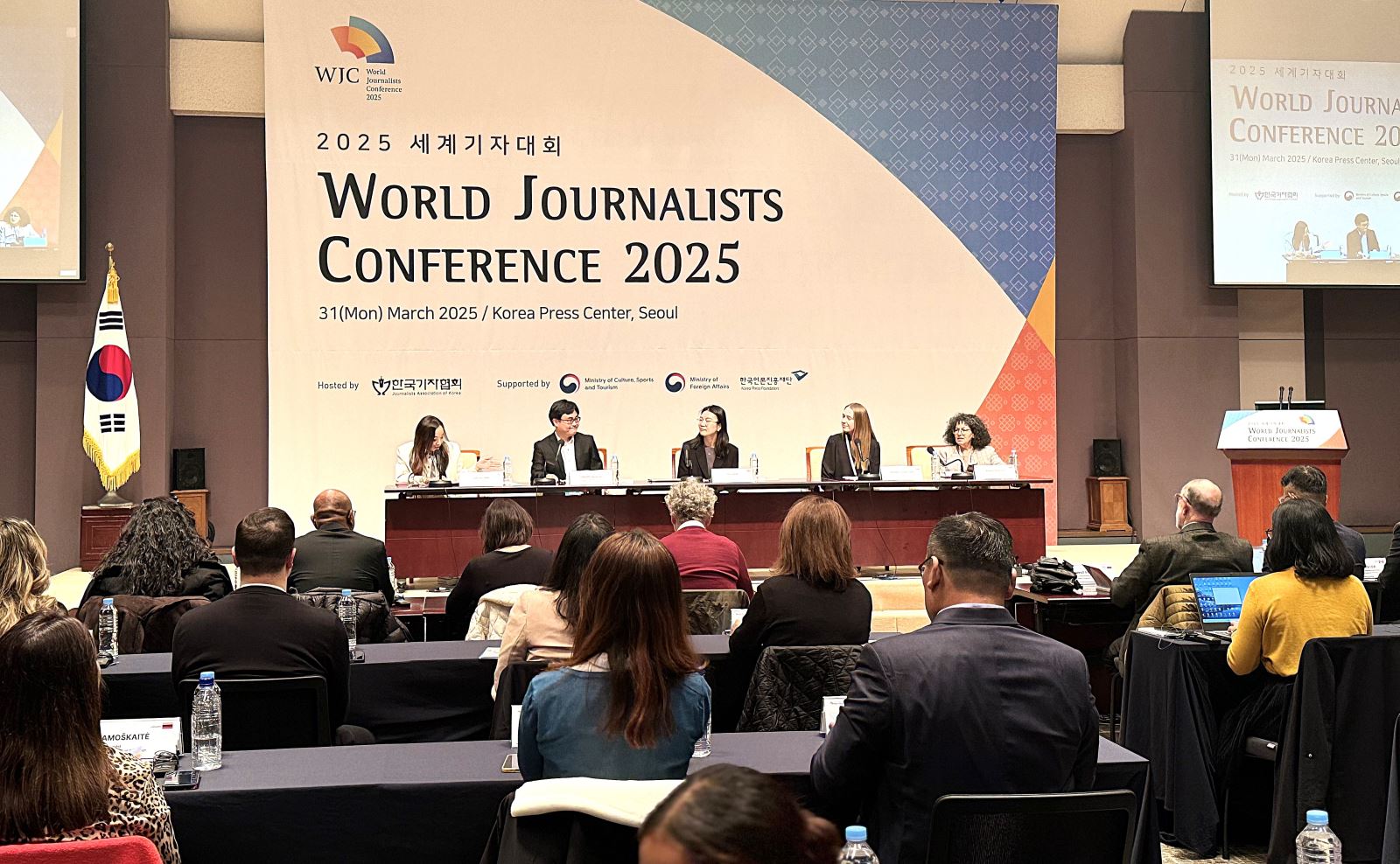

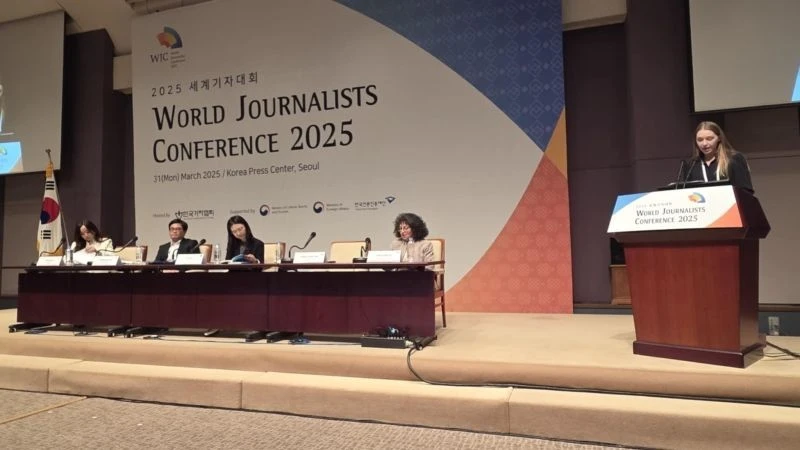

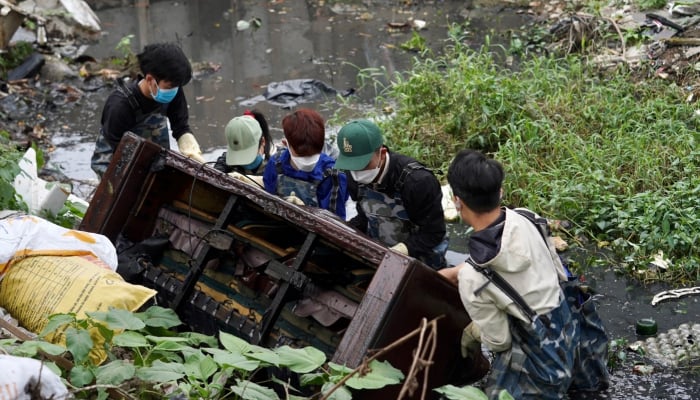

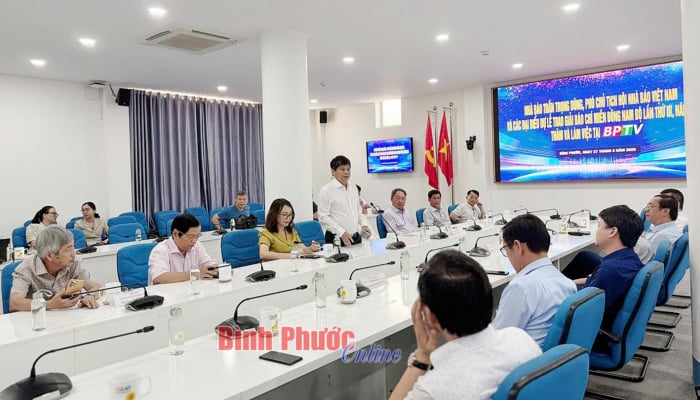
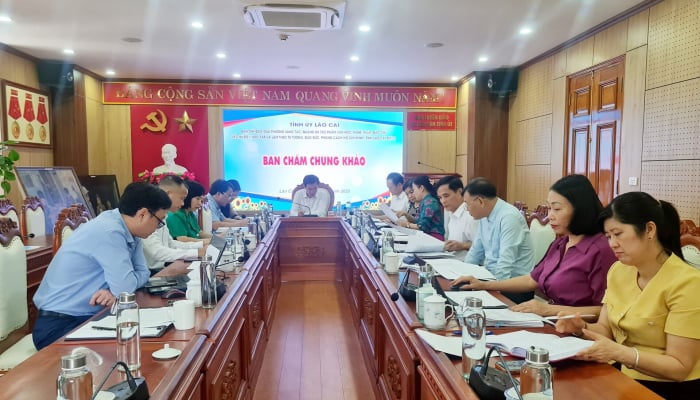
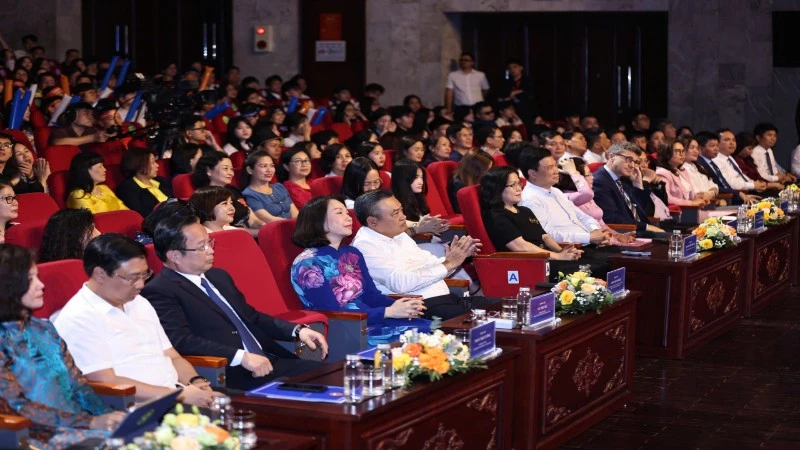
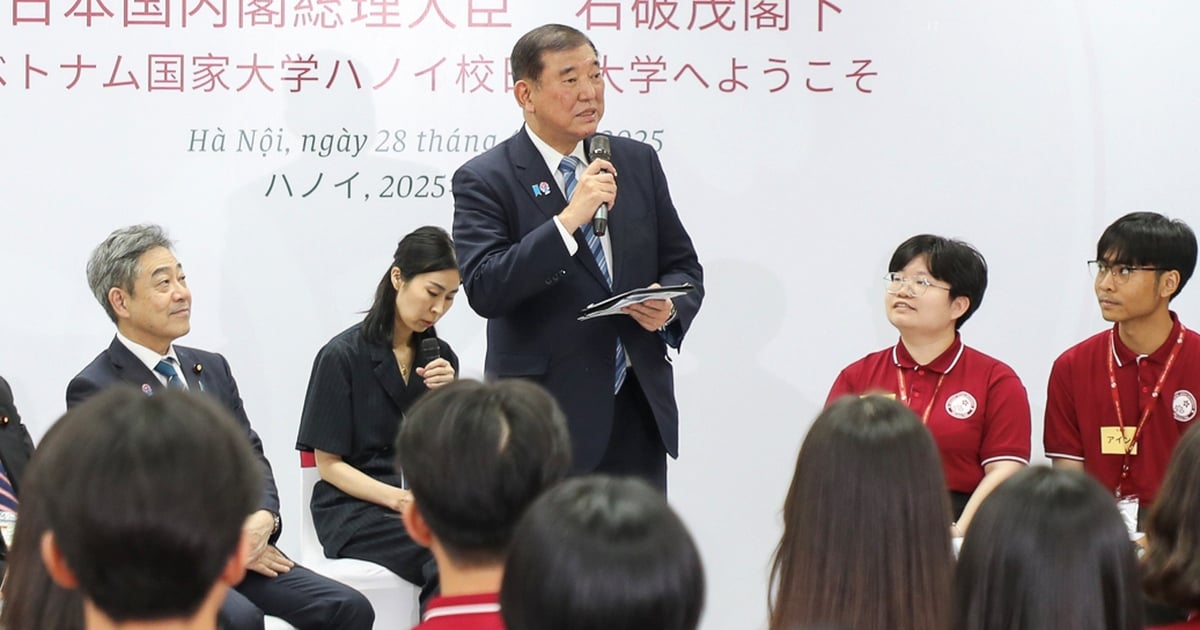
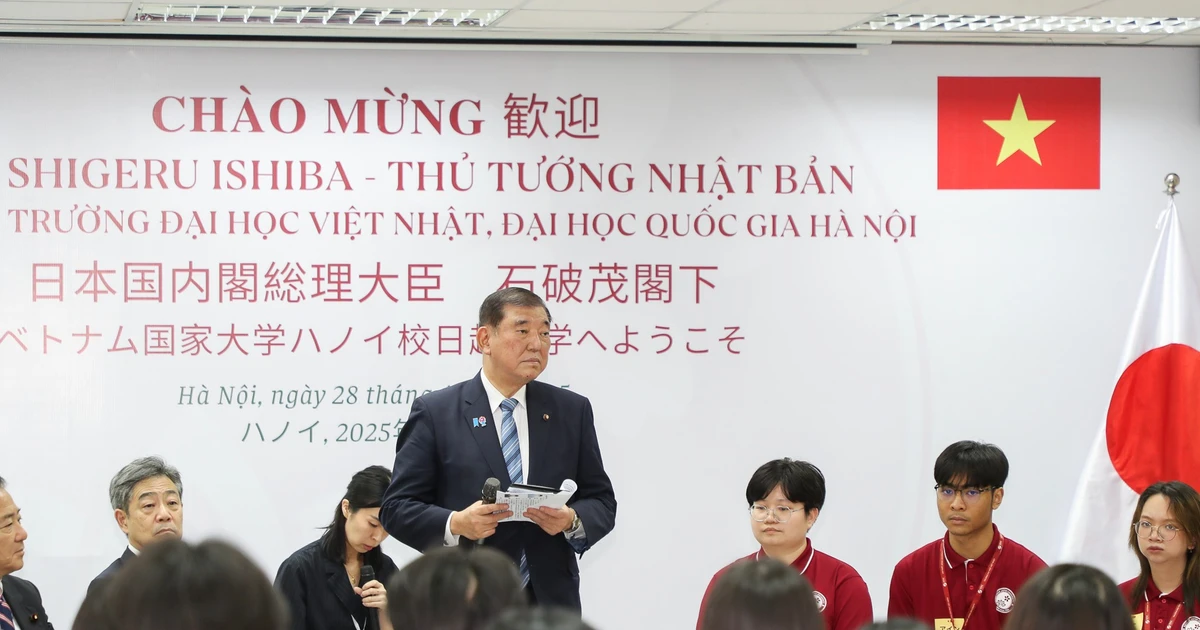

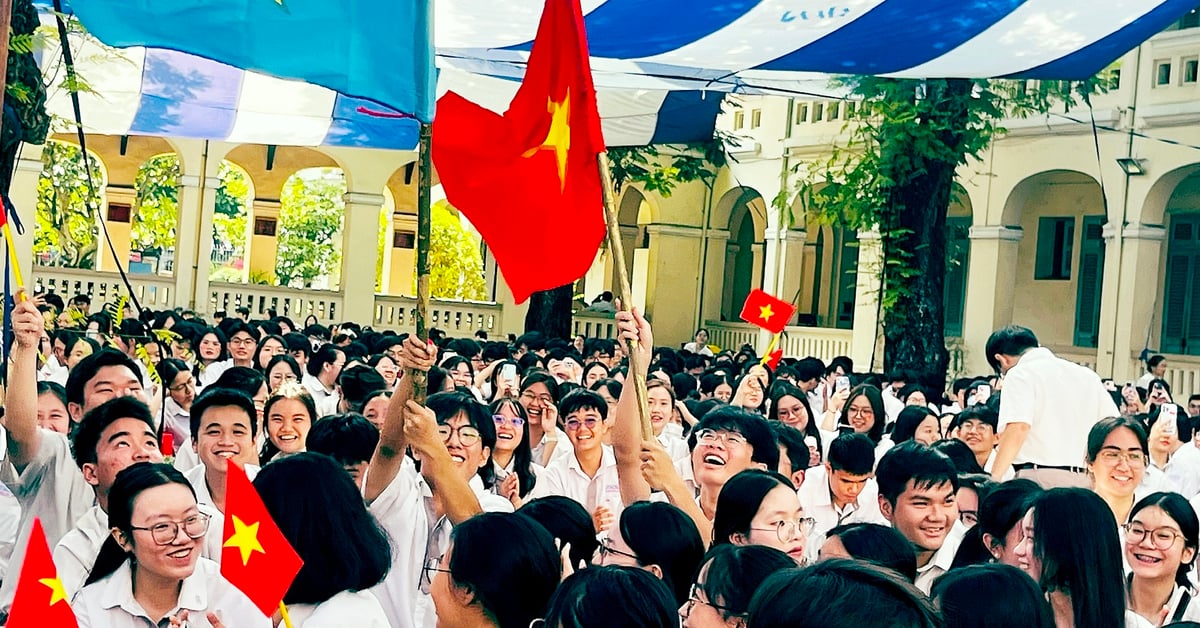
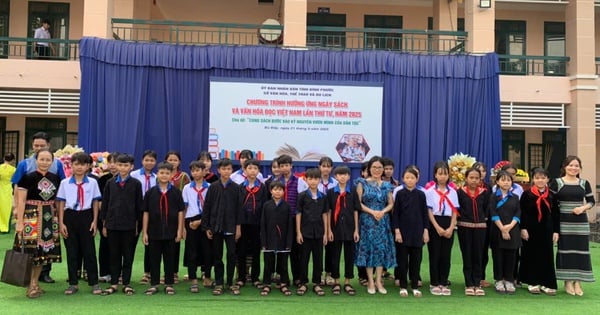


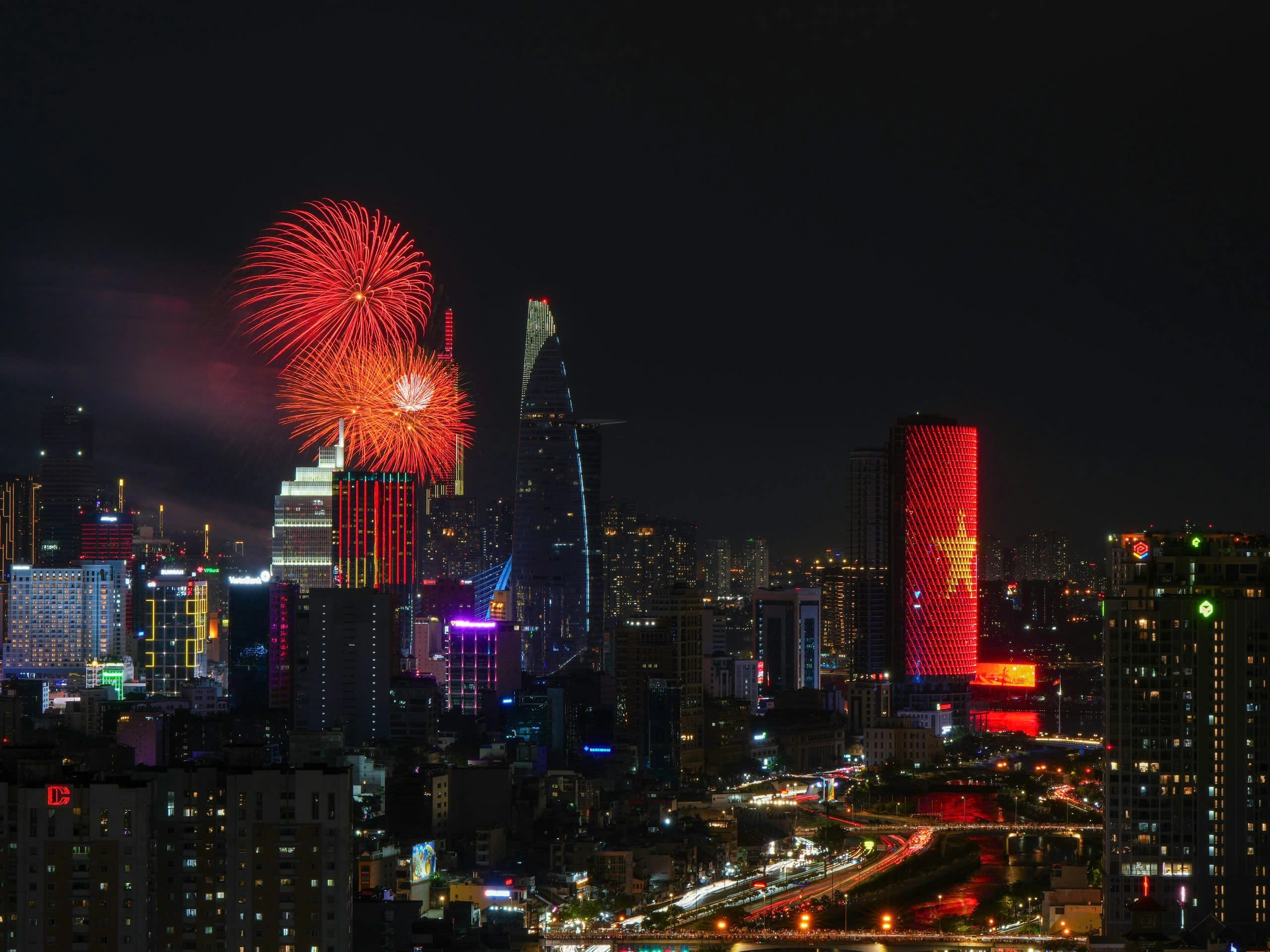

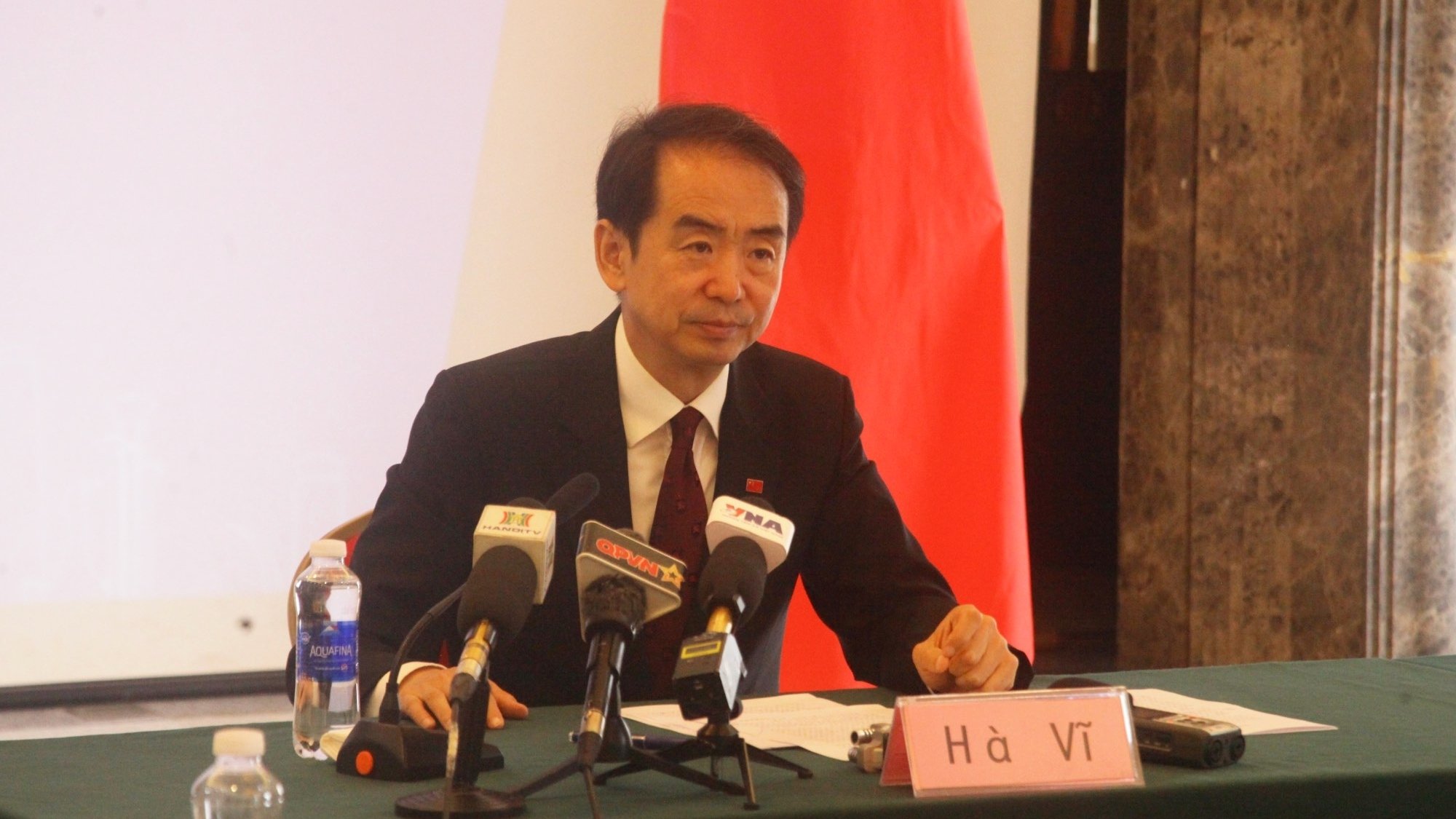
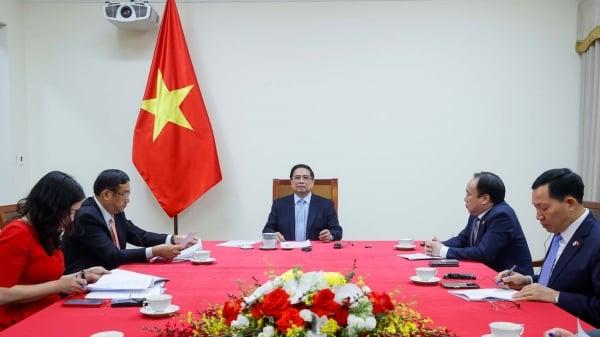
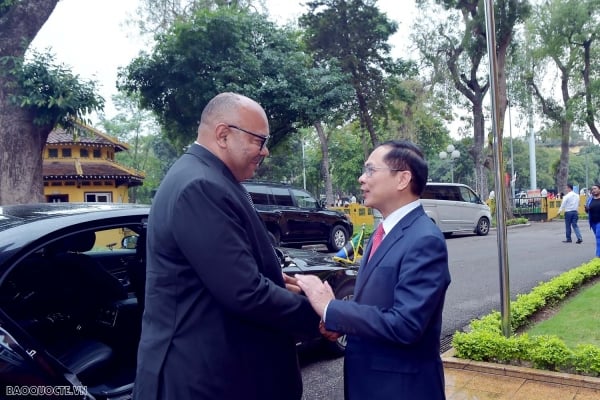


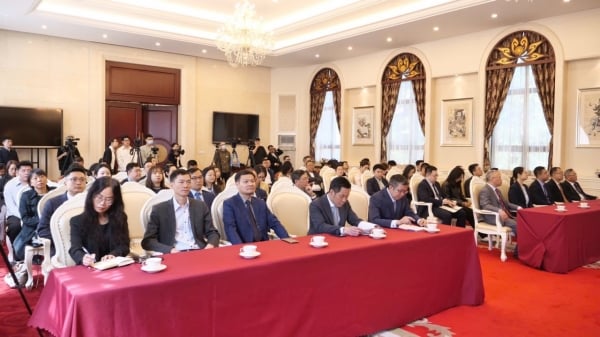
![[Photo] People lined up in the rain, eagerly receiving the special supplement of Nhan Dan Newspaper](https://vstatic.vietnam.vn/vietnam/resource/IMAGE/2025/4/28/ce2015509f6c468d9d38a86096987f23)




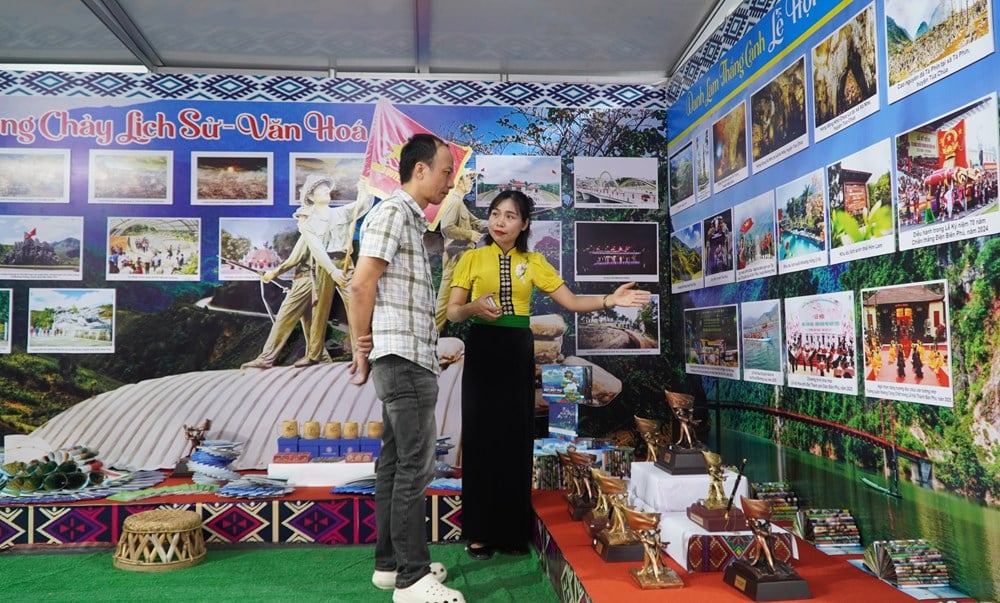

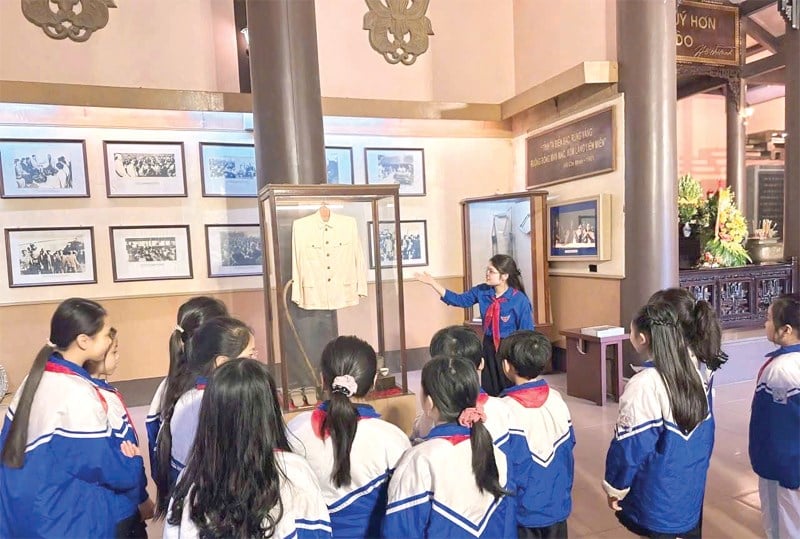
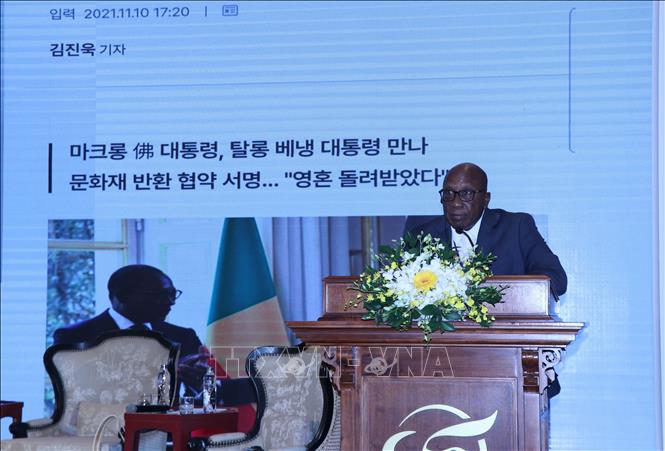
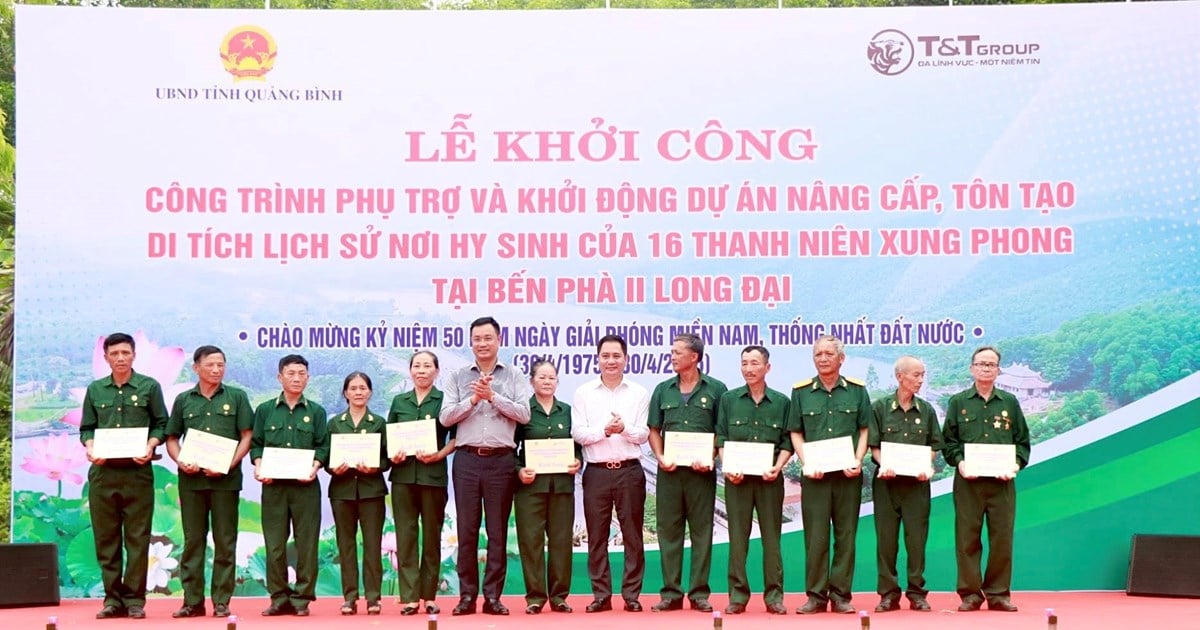


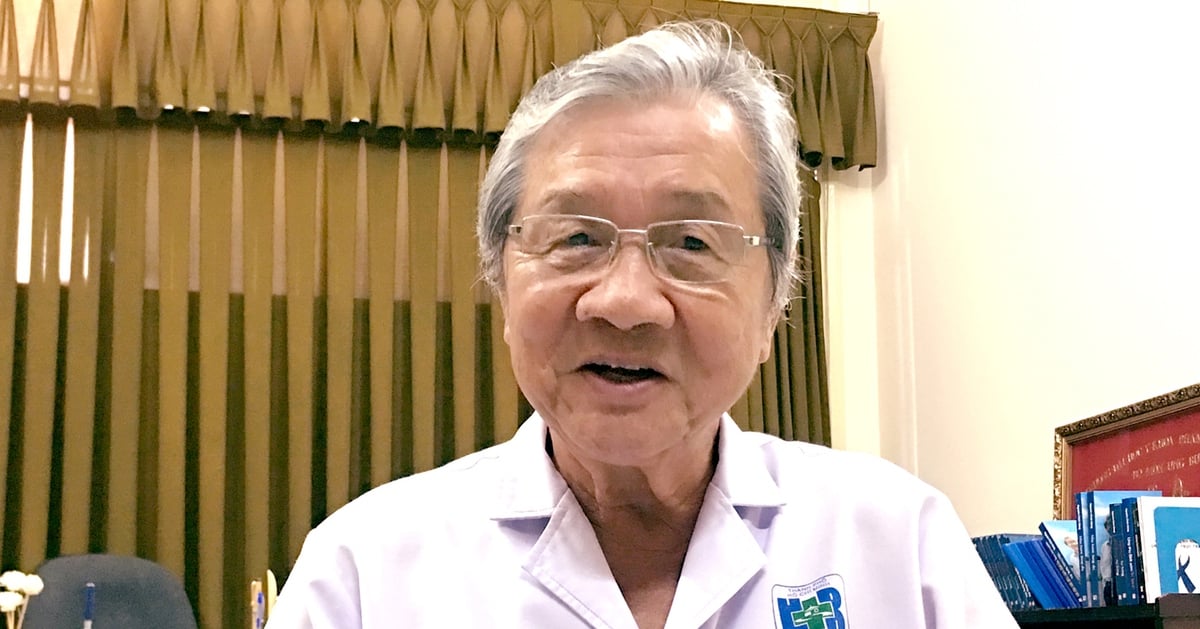



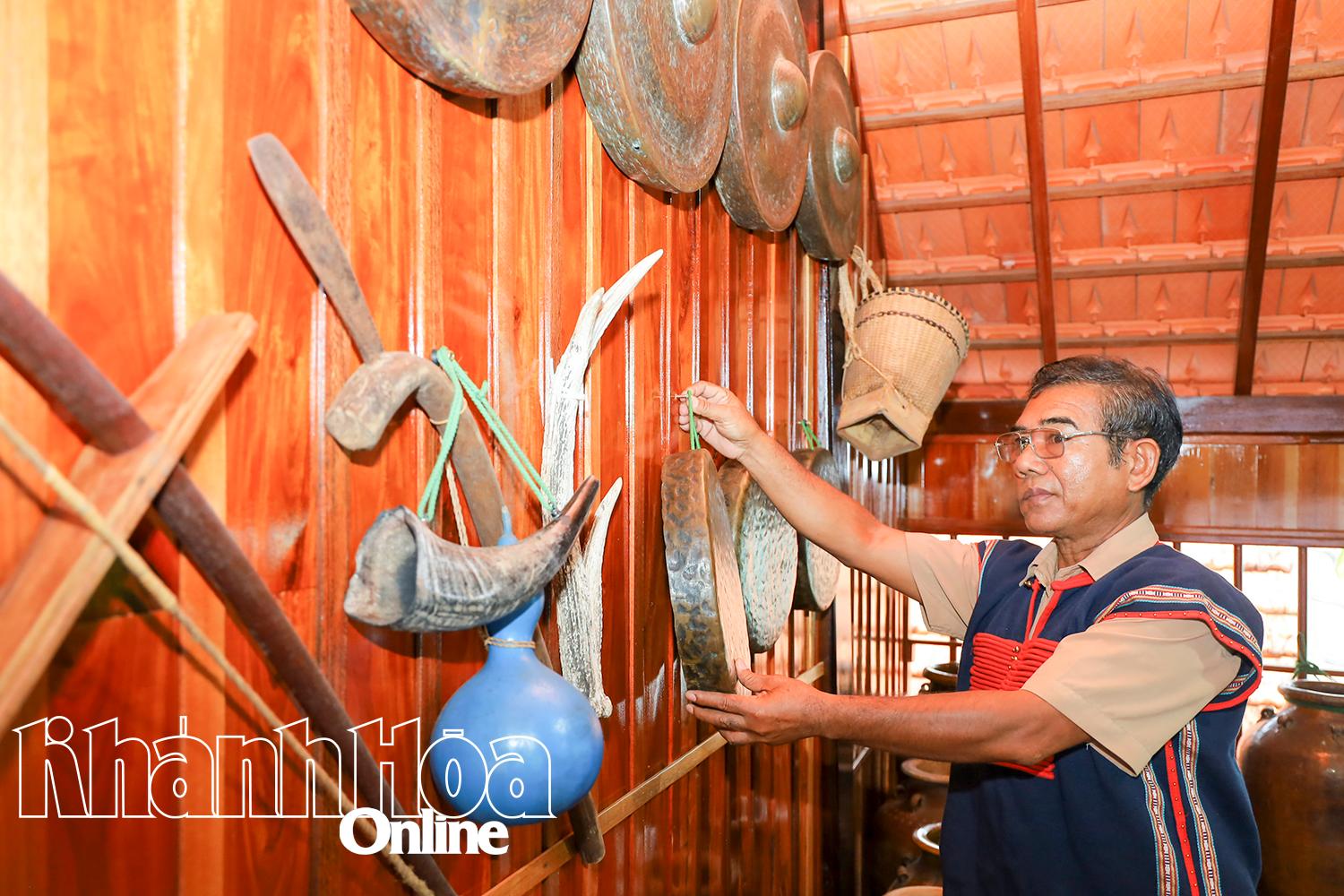






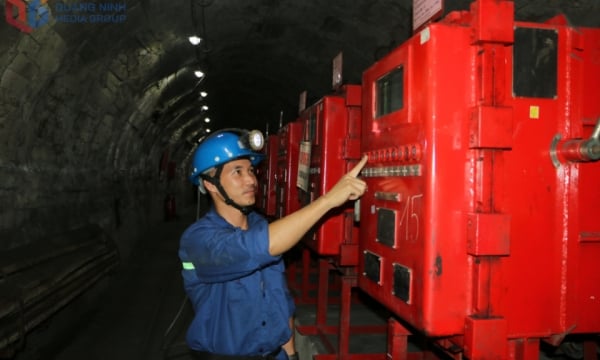



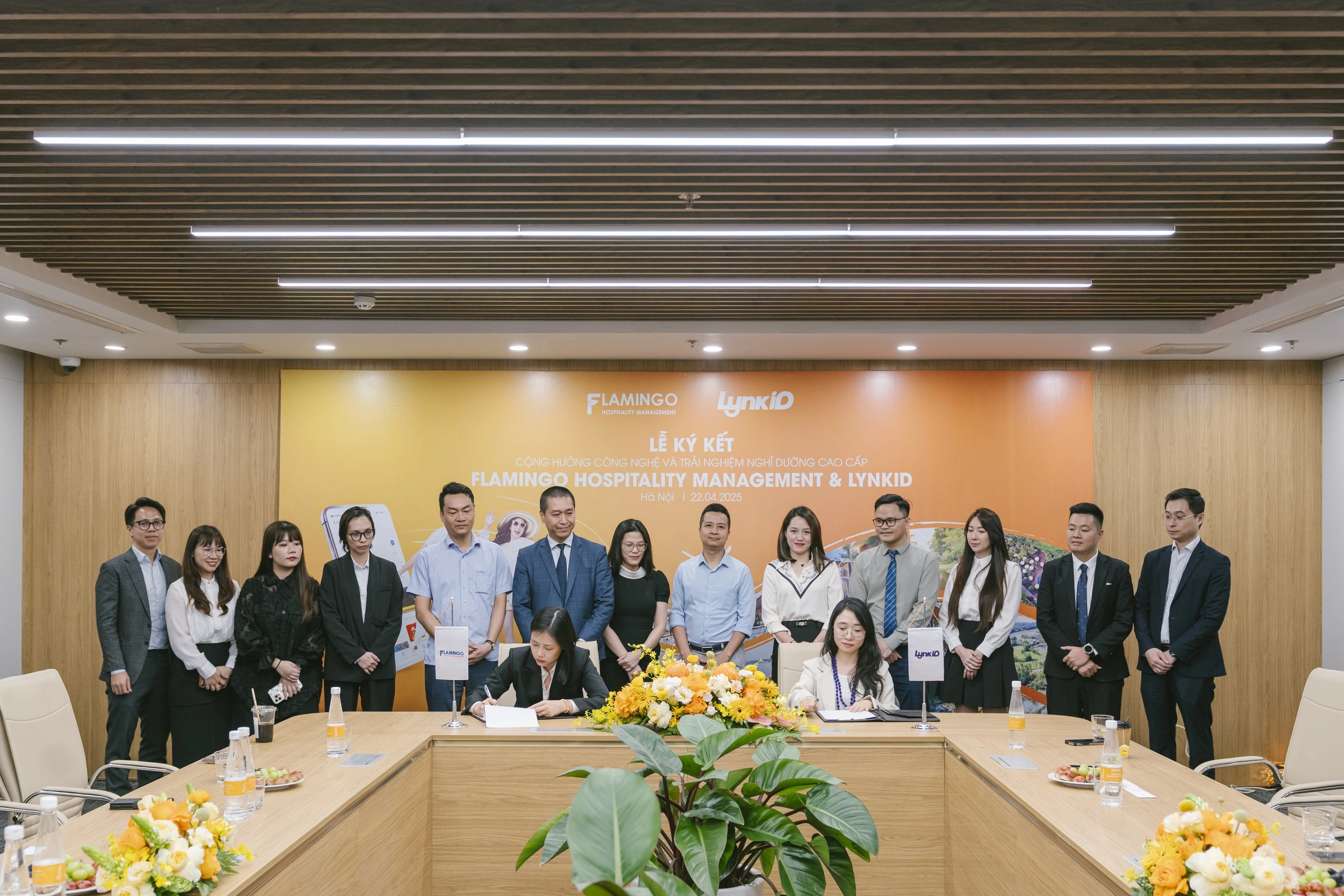
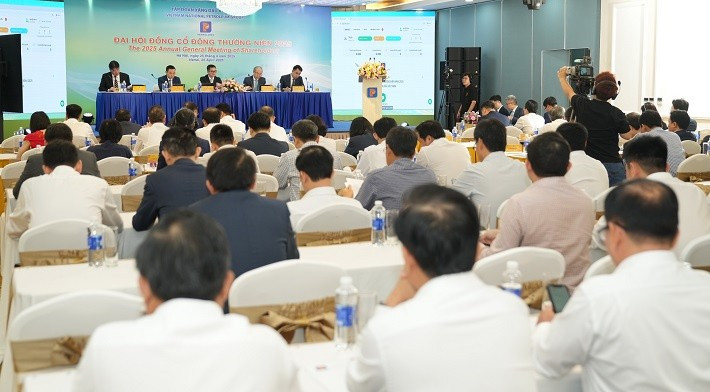

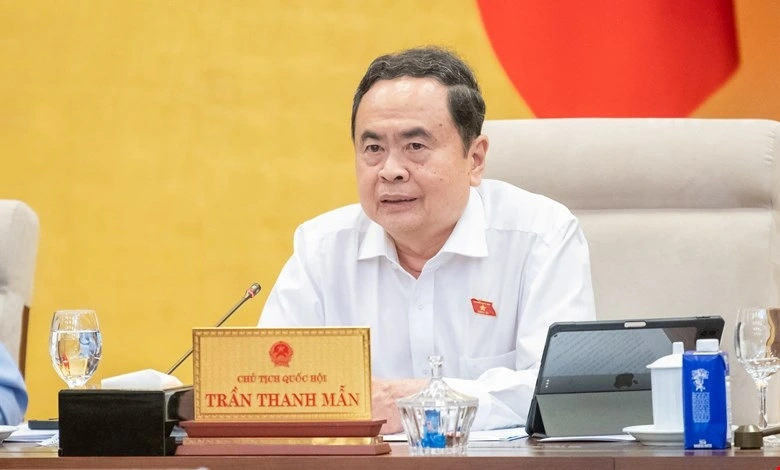

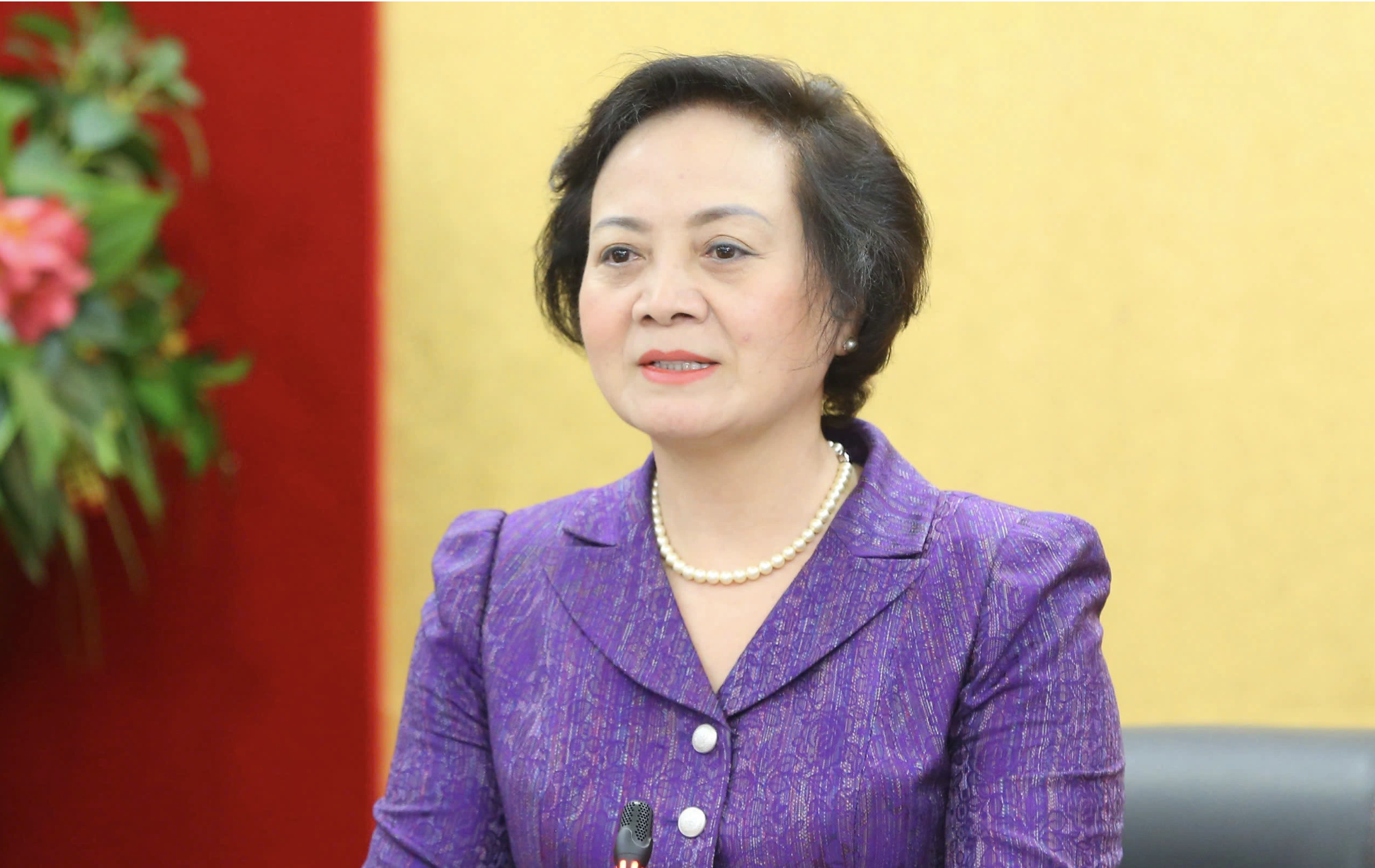
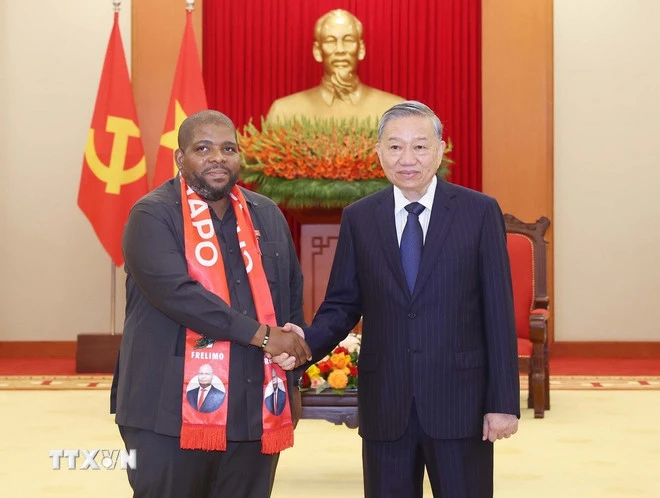
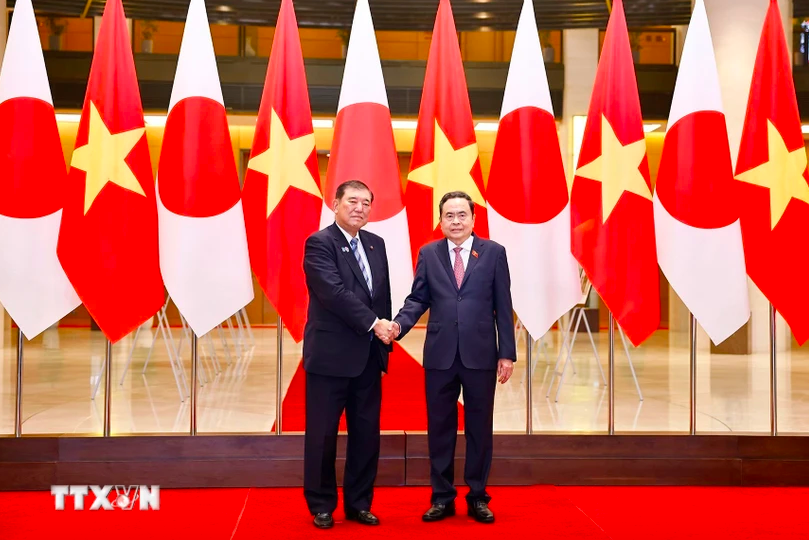

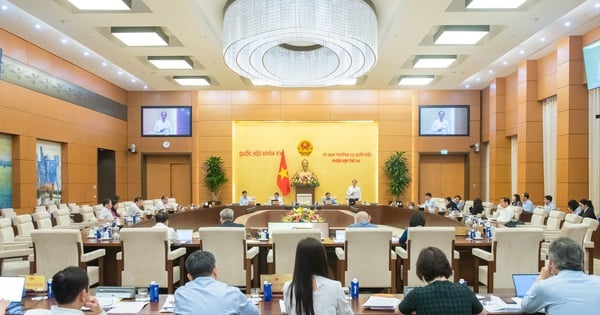




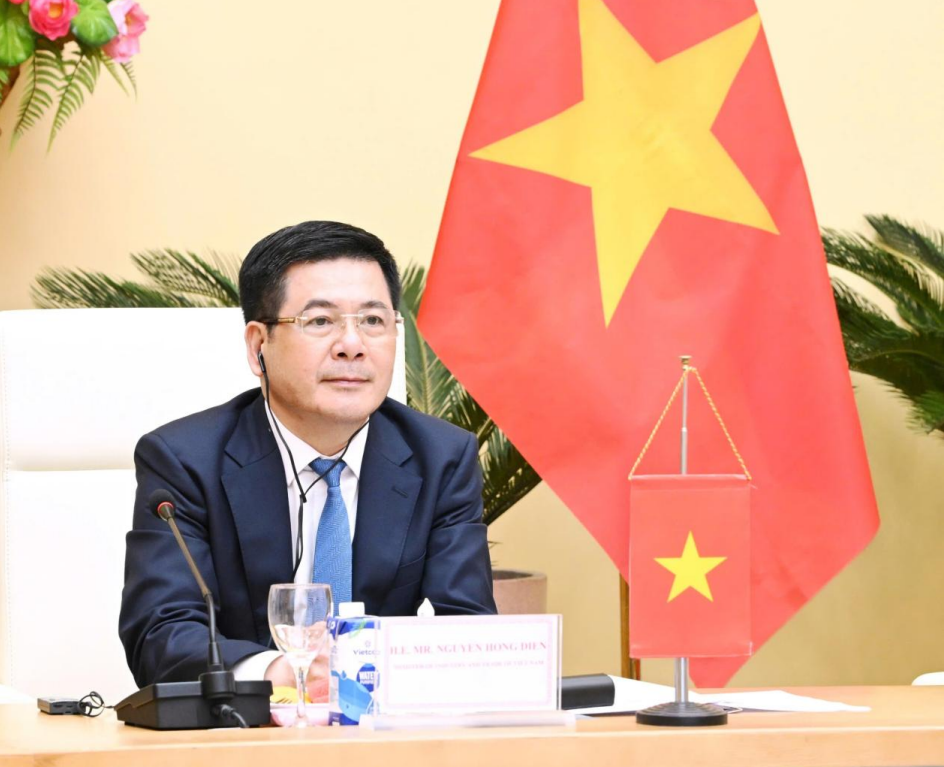
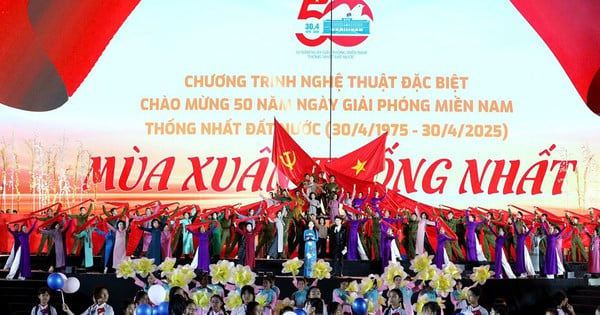




![[Infographic] 45 communes and wards of Dong Thap province after rearrangement](https://vstatic.vietnam.vn/vietnam/resource/IMAGE/2025/4/29/8553108109fa44b3b0493f9a2cf2bde8)

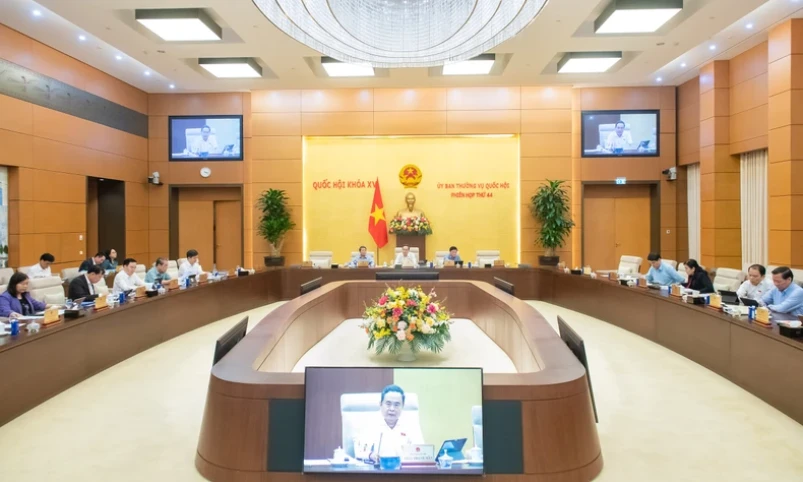

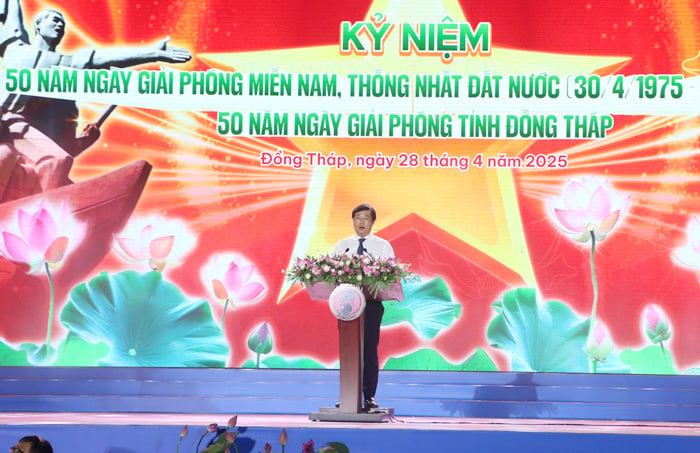


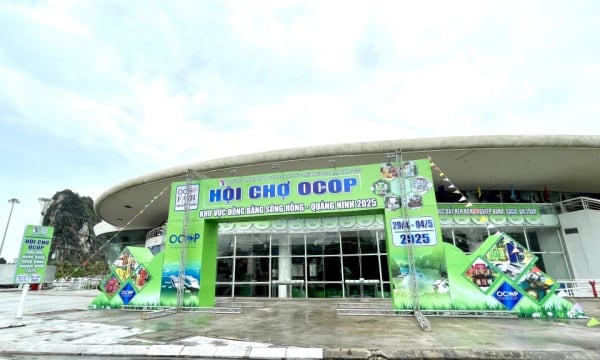
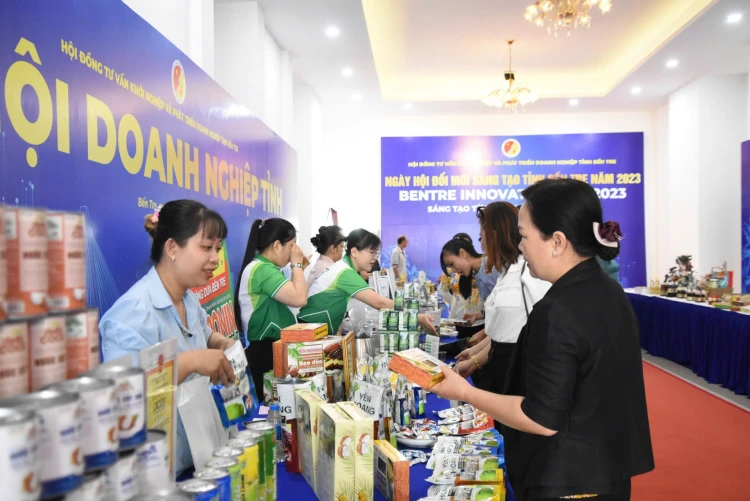

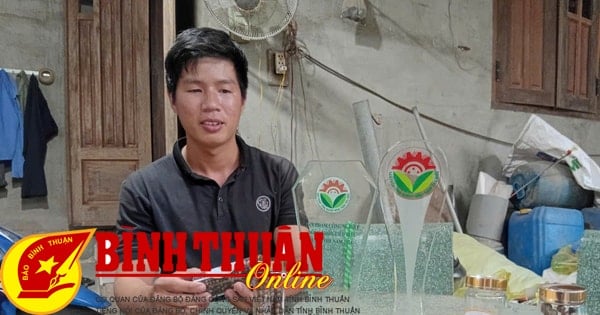



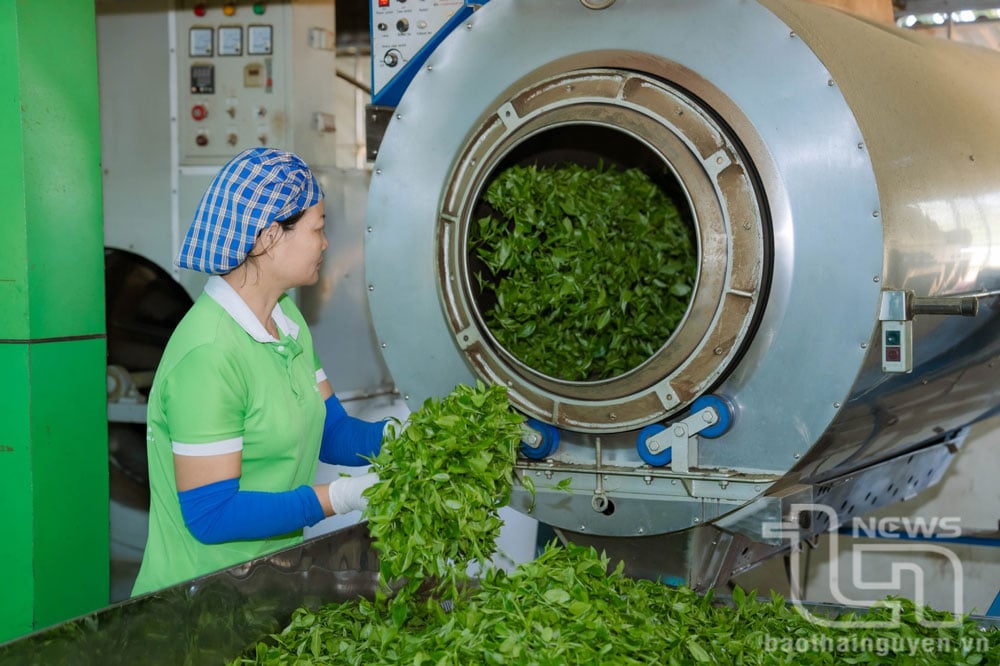

Comment (0)